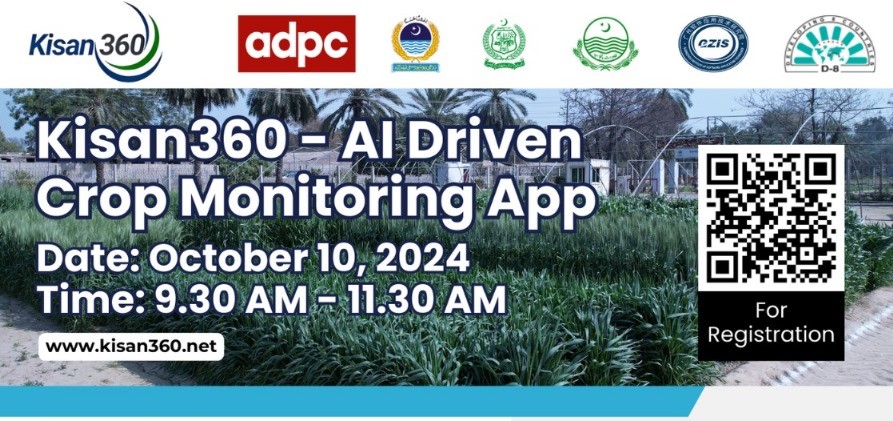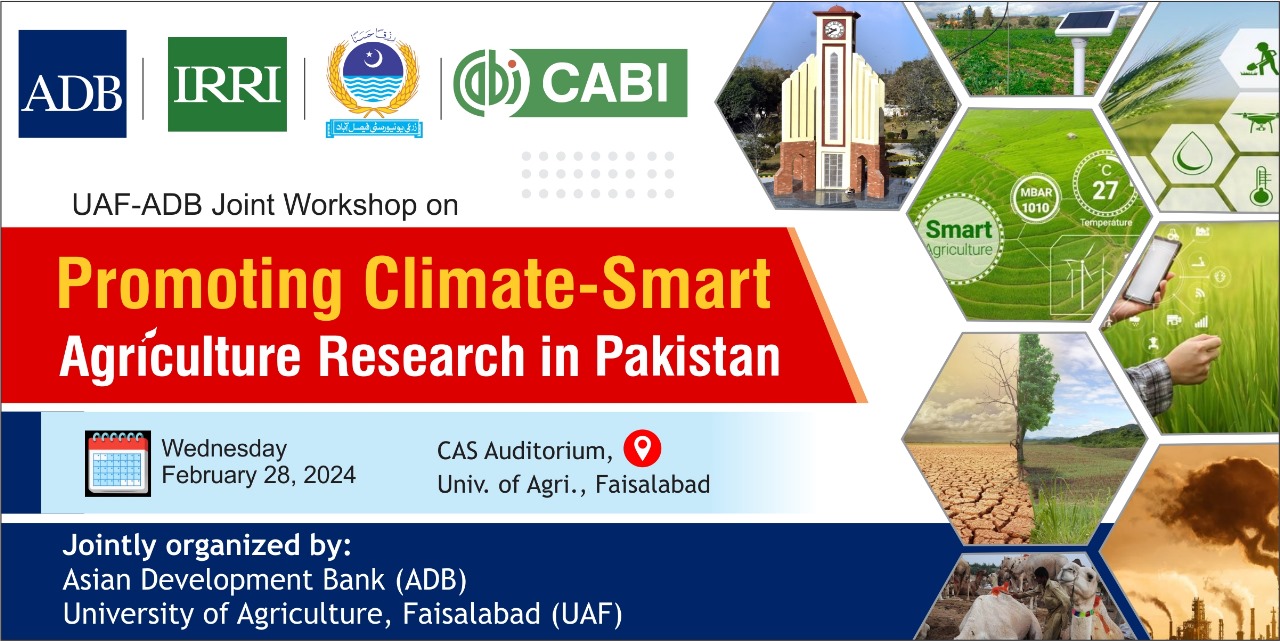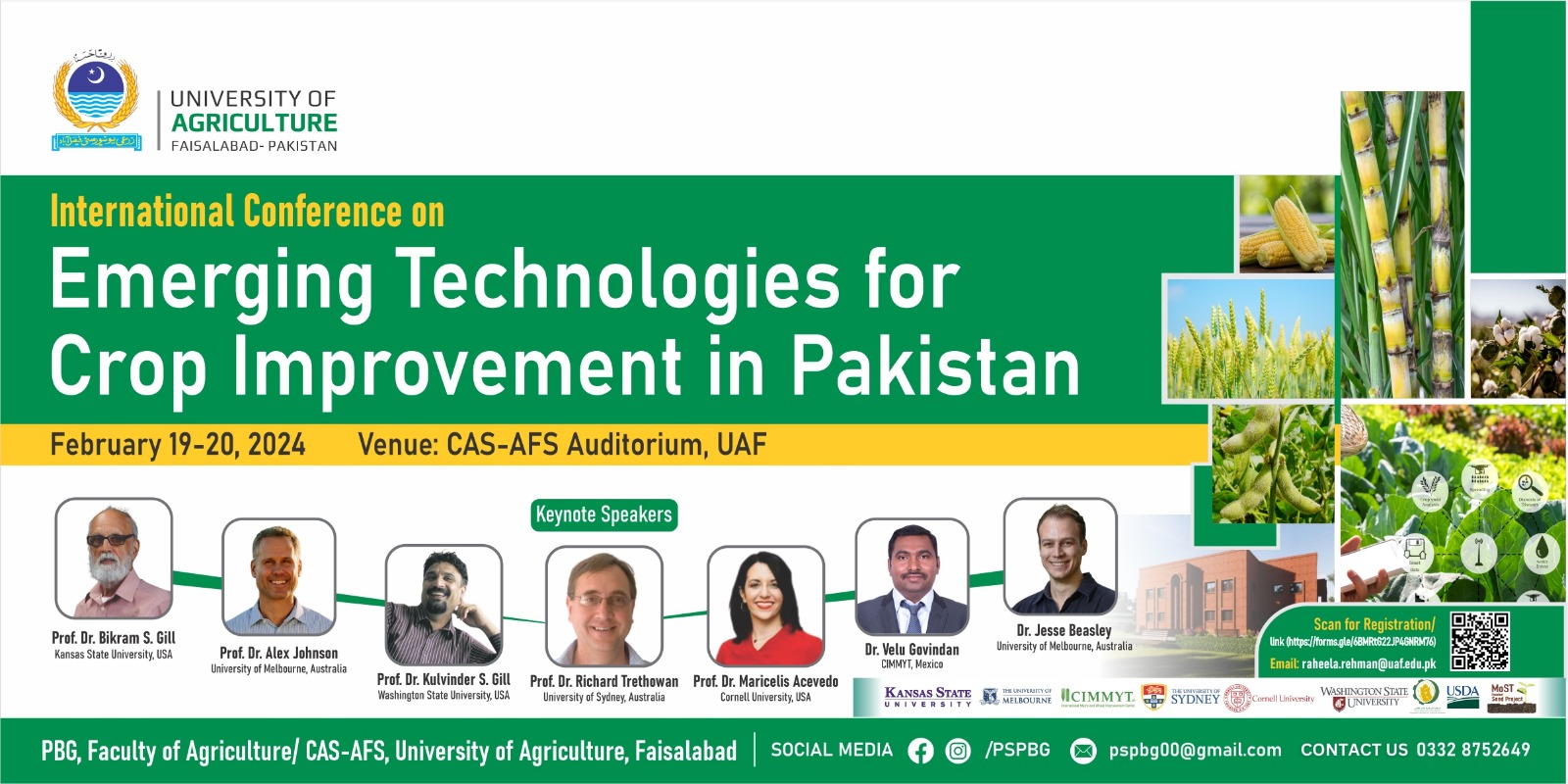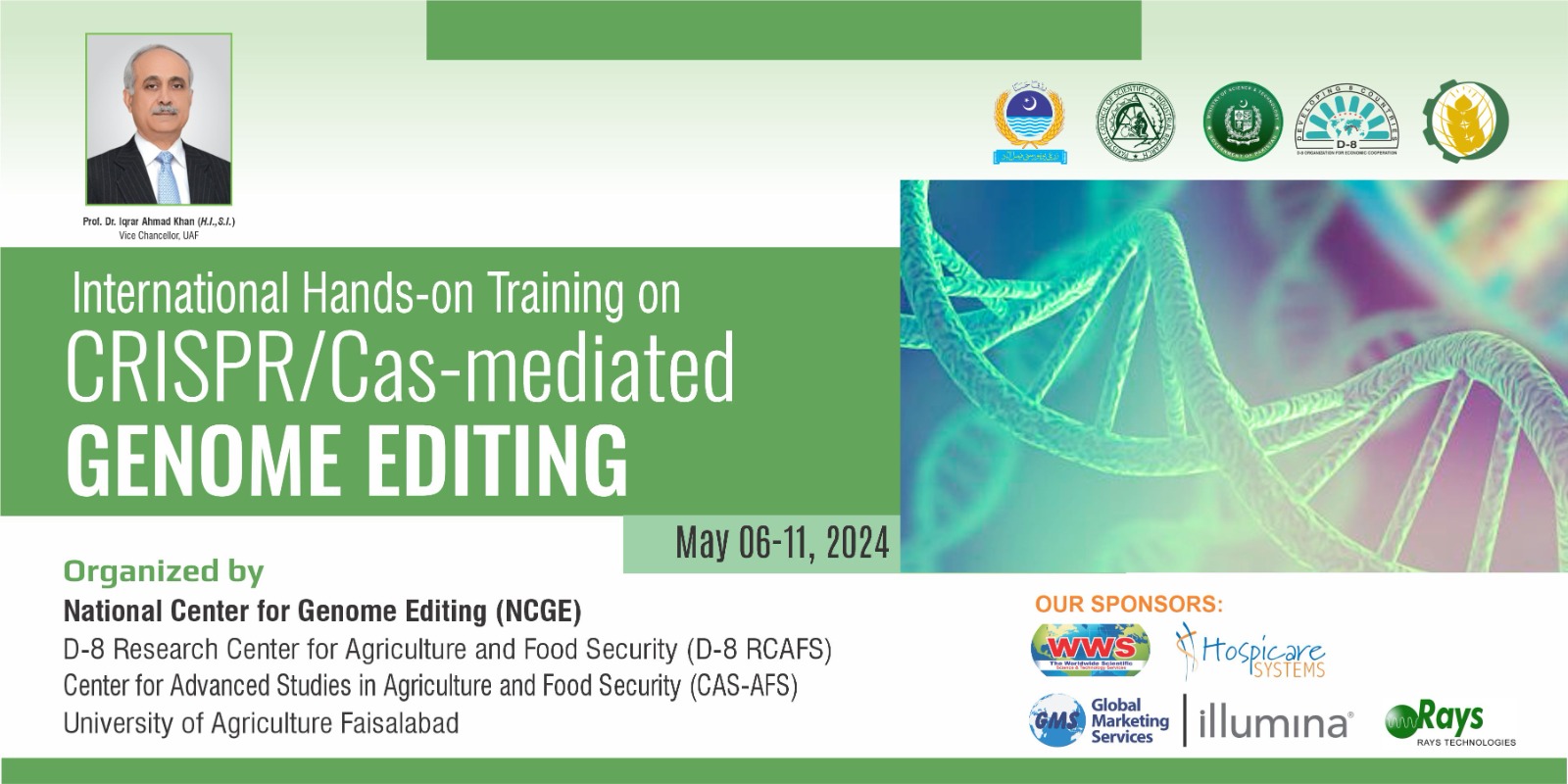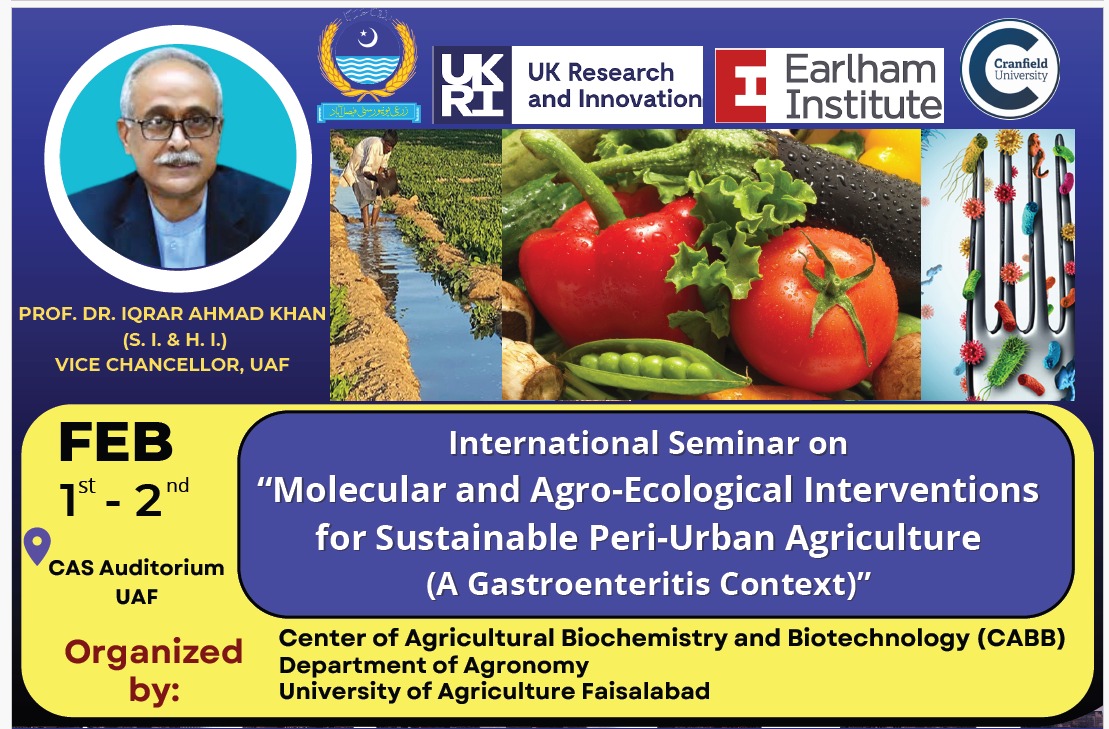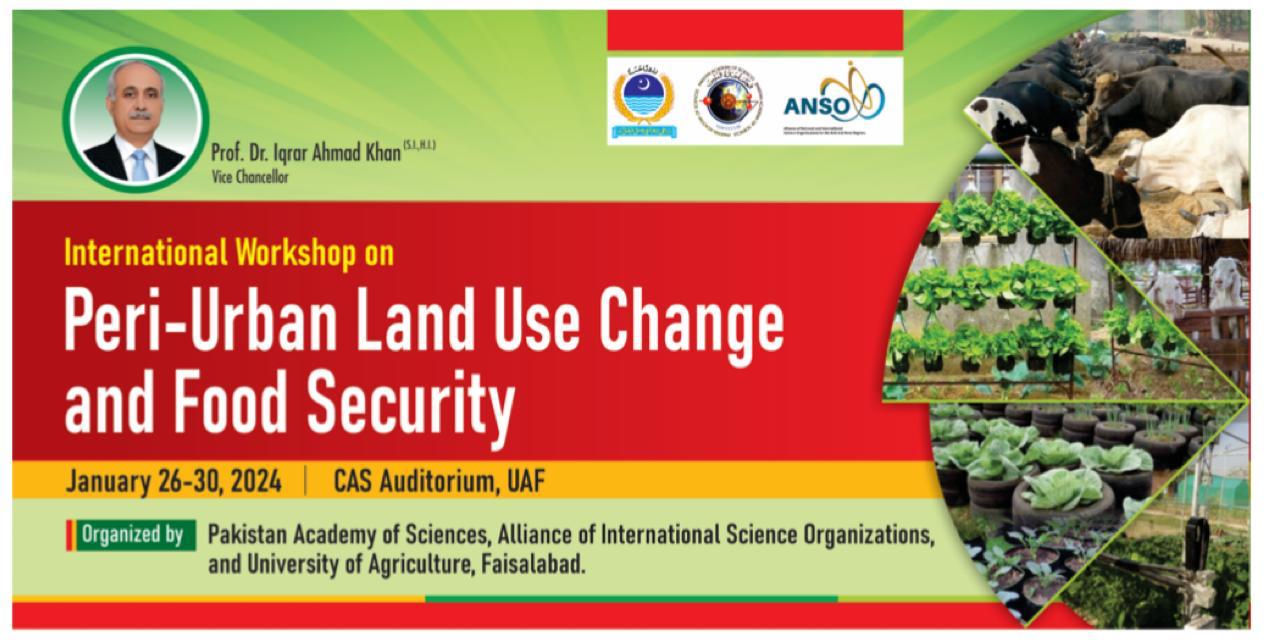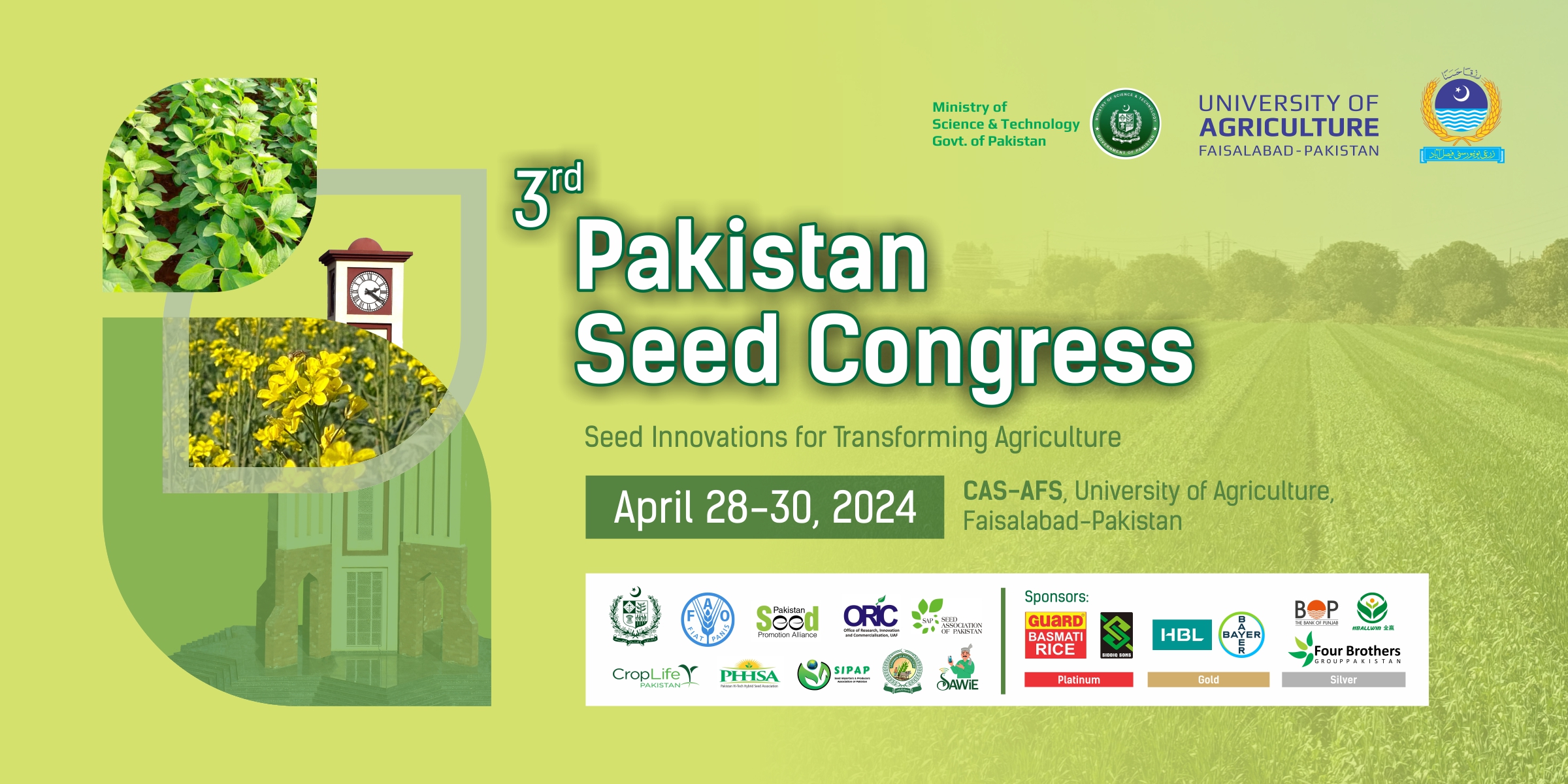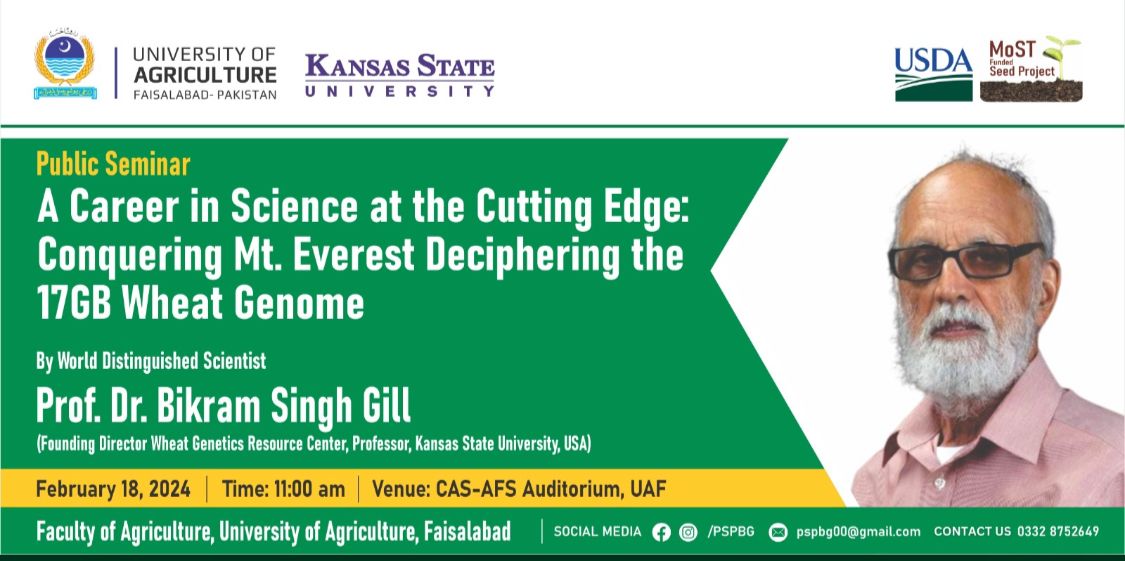The fast-changing demography, climate change and international trade policies are impacting the economies of the countries all over the globe. In this scenario, agriculture seems to be more important than what might have appeared as a source of food security. In Pakistan’s economic systems, it is the only sector, which provides food for entire population and have the potential to provide employment opportunities to the growing number of unemployed youth. University of Agriculture, Faisalabad aspires to ensure food security through outstanding achievements in learning, discovery, innovation and community service with a clear focus on programs of significance to agricultural and rural development. USAID’s initiative to establish a U.S.- Pakistan Center for Advanced Studies in Agriculture and Food Security (USPCAS - AFS) at UAF will greatly support Pakistan’s economic development by strengthening the UAF in crucially important areas. It aims to establish the governance structures, improve curriculum, teaching practices, upgradation of graduation programs and research facilities to meet client (industry, civil society, and government) needs. This initiative will particularly benefit the talented but financially weak and culturally taciturn students to access higher education in agriculture and food security. The USPCAS-AFS will serve as a focal point for collaborative research and training among all nodes of agricultural sciences related to food security. It will build a cohesive scientific community and provide a suitable platform to enable cutting edge agricultural research to address current problems being faced by the society at large.

